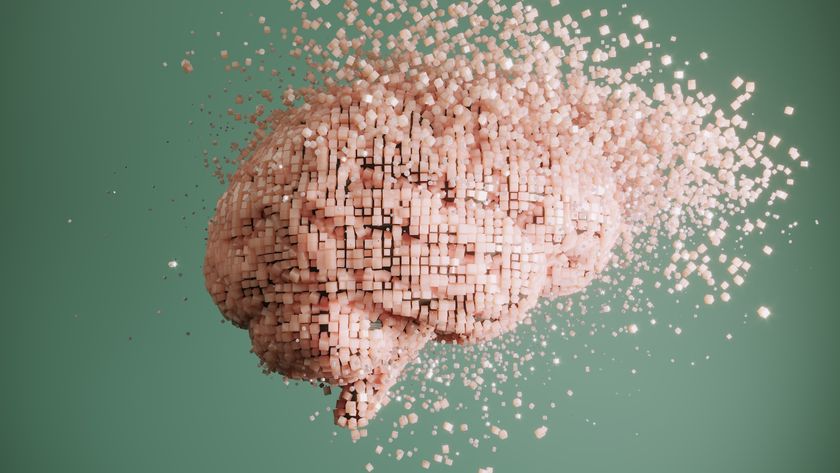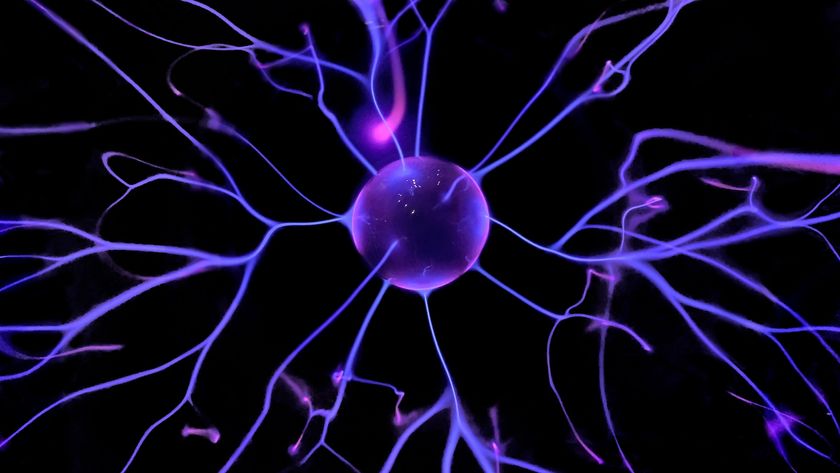Do Joint Study Sessions Do More Harm Than Good?

Two heads aren't always better than one, at least when it comes to memory.
People who memorize facts in groups remember less than solo students do, according to a newly published overview of memory research. The group as a whole remembers more than any single memorizer would have, but the people in the group fail to live up to their full memory potential, each recalling less than if they'd studied alone.
On the other hand, according to study researcher Supama Rajaram, a psychologist at Stony Brook University in New York, other people's memories can enrich our own, as can be attested by anyone who suddenly recalls a long-ago event when another person starts telling a story.
Until recently, psychologists didn't pay much attention to the social aspect of memory. Most studies focus on people's individual memory abilities and factors that either boost or bust memory formation and recall. But Rajaram and others have started to include more realistic conditions in their studies, like those that might be seen in a classroom, a group of friends, or even a nation.
"If a small group can reshape memories, we see how individuals come to hold certain viewpoints or perspectives," Rajaram said in a statement. "That can serve as a model for how collective identities and histories are shaped."
One way people in groups tend to disrupt each other's memories is by encroaching on other's study habits. Everyone has preferred methods of picking information out of their minds, so working with others can be distracting. And then there's a phenomenon called "social contagion," in which one group member brings up an error or "remembers" something that didn't happen. Those erroneous memories can lodge in other group members' brains as real.
The flip side of social contagion is error pruning, in which someone corrects another person's phony recollection. Perhaps the most familiar helping hand of collaborative memory is the "cross cue," in which someone jogs another person's memory, bringing long-forgotten recollections to the surface.
Sign up for the Live Science daily newsletter now
Get the world’s most fascinating discoveries delivered straight to your inbox.
Regardless of its pitfalls and benefits, collaborative memory fills an emotional need. Rajaram recalled an older couple she knew, one of whom developed dementia. Suddenly, the other was bereft of reminiscences about the past.
"When the other person cannot validate shared memories," Rajaram said, "they are both robbed of the past."
The overview appears in the April edition of the journal Current Directions in Psychological Science.
You can follow LiveScience senior writer Stephanie Pappas on Twitter @sipappas. Follow LiveScience for the latest in science news and discoveries on Twitter @livescience and on Facebook.

Stephanie Pappas is a contributing writer for Live Science, covering topics ranging from geoscience to archaeology to the human brain and behavior. She was previously a senior writer for Live Science but is now a freelancer based in Denver, Colorado, and regularly contributes to Scientific American and The Monitor, the monthly magazine of the American Psychological Association. Stephanie received a bachelor's degree in psychology from the University of South Carolina and a graduate certificate in science communication from the University of California, Santa Cruz.











